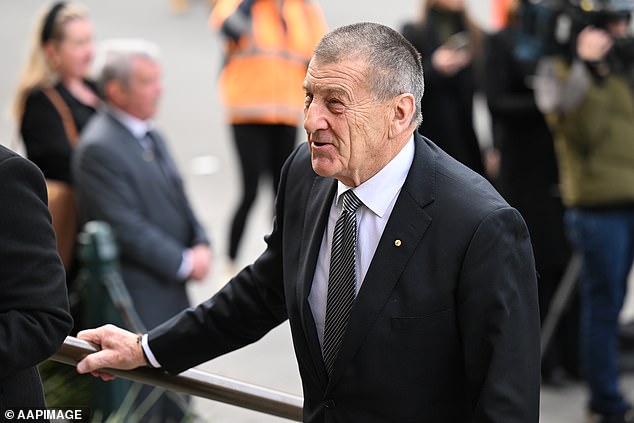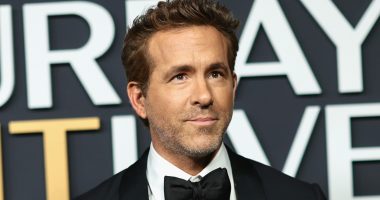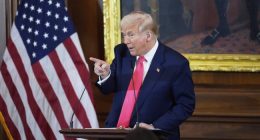Former Victoria Premier Jeff Kennett has sensationally suggested that Melbourne should permanently host every single Olympic Games from henceforth.
While discussing the IOC’s criteria to determine the host cities for the 2038 Olympics and beyond in his column in The Herald Sun, Kennett believes the IOC need to reassess their selection criteria for whether the games should be awarded to cities or entire countries.
This week, the Queensland government announced that they will be building a new 63,000-capacity stadium in Victoria Park in time for the Games.
The government, which has a war chest of $7.1billion at its disposal to upgrade sporting venues around Brisbane for the sporting showpiece, have attracted much scrutiny for the decision to build the new stadium.
Protestors have lashed out at Queensland Premier David Crisafulli over his decision to backflip on his election campaign pledge that his government would not build a new stadium in Victoria Park. Members of the public, meanwhile, have voiced concerns over the loss of green space in the Victorian capital.
‘I have to own that, and I will. I am sorry, it’s my decision, and I accept that decision,’ said Crisafulli.

Former Victoria Premier Jeff Kennett has sensationally suggested that Melbourne should permanently host every single Olympic Games

It comes as the Queensland government has controversially announced that they will be building a new 60,000-seater stadium in Victoria Park
The issue has thrown up some debate around how much should be spent on developing facilities that are capable of hosting an Olympic Games.
Kennett, 77, opened up the discussion in his column. He believes the IOC has three options.
The first is to leave the selection criteria as it is – make selections on a city-focused basis – but that brings extra cost with cities having to adapt to build facilities to accommodate all sports.
His second option was to have a selection made on a ‘country basis’.
‘Use the best facilities for each sport wherever they exist within that country,’ he explains.
He uses the example of the Brisbane Olympics, arguing that there is a case to be made that Melbourne, in his hypothetical example, could host the opening and closing ceremonies at the MCG, as well as events like tennis at Melbourne Park.
The argument suggests that it may be more cost-effective for the IOC to award the Games to an entire country – rather than to one city.
He offered a third point in which he argued that the IOC should allow Greece to hold the event permanently, a plan that would require Greece to invest heavily in new sporting facilities given most venues from the 2004 Games in Athens have gone.

Melbourne’s sporting precinct has the capability to host a variety of sports, with the city last hosting the Olympic Games in 1956

Kennett claimed that Melbourne can deliver the Olympics as a permanent host in a more cost-effective manner
But reflecting on the discussion, Kennett then offers one final take.
‘But here’s one last suggestion: offer Melbourne, Victoria, Australia as the permanent host country/city to stage the Olympic Games,’ he wrote.
‘We have all the facilities close to the city.
‘We would have to continually invest and upgrade existing venues, while the organisations and people we have already trained to deliver our existing major events.
‘Still, hold sports at the most appropriate venue for that sport anywhere in the country.
‘We could conduct the Games every four years much more cheaply than the cost of the 2032 event.’
Melbourne last hosted an Olympic Games in 1956. The MCG was the main stadium for the event and had been largely rebuilt for the event. Meanwhile, Melbourne’s Sports and Entertainment Centre, which hosted swimming and diving at the Games was constructed as an aquatic centre for the 1956 Olympics. It is now the home of the Collingwood Football Club.
Kennett, though, believes Victoria may have to wait anyway until there is a change in government, after Dan Andrews and Jacinta Allan withdrew the state’s bid to host the 2026 Commonwealth Games – agreeing to host the event before cancelling the event after it’s budget ballooned to more than $7bn.
It came after the budget for the games had been projected to be around $2.6million.
The cancellation of the event cost Vic taxpayers $586m.









